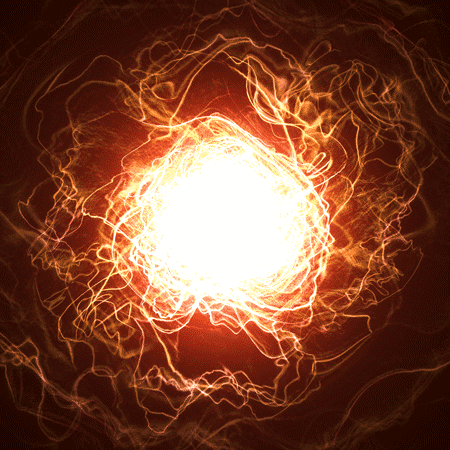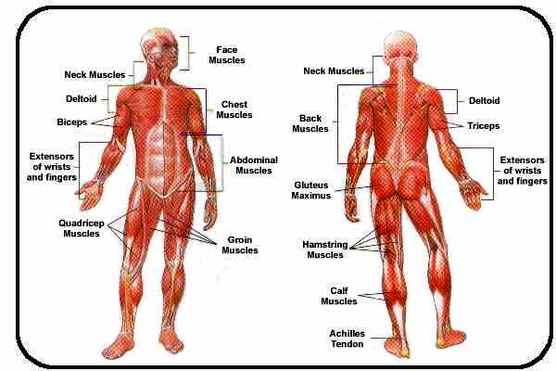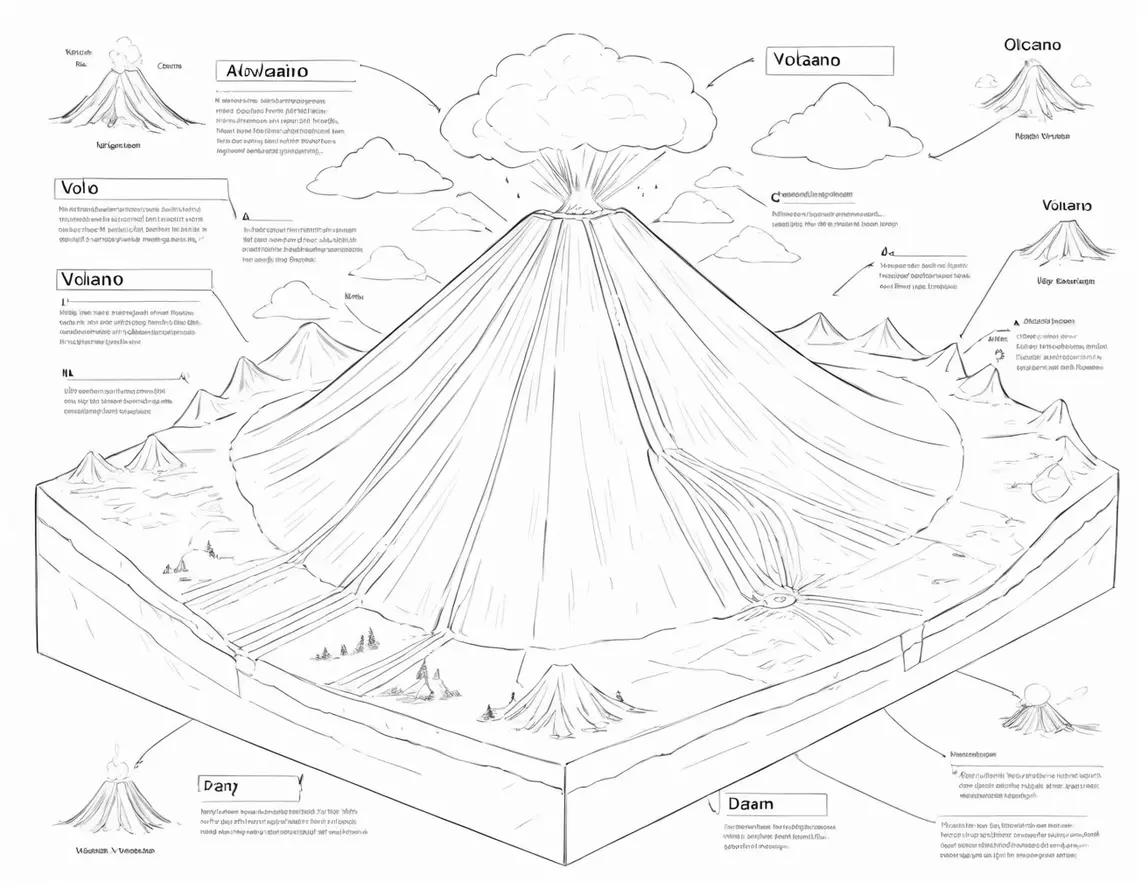
Power, a fundamental concept in physics, is a measure of the rate at which work is done or energy is transferred. This exploration delves into the intricacies of power, examining its definition, calculation, units, and pivotal role in understanding energy dynamics and technological applications.
Fundamental Concept: Power is defined as the amount of energy transferred or work done per unit of time. It reflects the rate at which energy is expended, generated, or transferred within a system.
Units of Power:
Watt (W): The International System of Units (SI) unit of power is the watt. One watt is equal to one joule per second. This unit honors James Watt, the Scottish engineer whose improvements to the steam engine played a pivotal role in the Industrial Revolution.
Other Units: In addition to watts, other units of power include kilowatts (kW), megawatts (MW), and gigawatts (GW), especially in the context of larger energy systems and power generation.
Calculating Power:
Work and Energy Transfer: The calculation of power is intrinsically linked to work done or energy transfer. For example, if a force
Types of power:
Mechanical Power: Mechanical power is associated with the movement of objects or the transmission of force. It is prevalent in machines, engines, and various mechanical systems.
Electrical Power: Electrical power involves the flow of electric current through a circuit. It is the foundation of electrical devices, from everyday appliances to complex electronic systems.
Thermal Power: Thermal power is related to the transfer of heat energy. It plays a significant role in applications such as heating systems, industrial processes, and the generation of electrical power through thermal power plants.
Power and Energy:
The distinction between Power and Energy: While power is the rate at which energy is transferred or work is done, energy is the capacity to do work. Power and energy are distinct concepts but are intimately connected.
Energy Consumption: Understanding power consumption is crucial for managing energy resources efficiently. Devices with higher power ratings consume more energy over time, impacting both economic and environmental considerations.
Power in Technological Applications:
Transportation: The power of engines in vehicles, whether fueled by gasoline, electricity, or alternative sources, determines their speed and performance. Advancements in transportation technology often involve optimizing power efficiency.
Renewable Energy Systems: Power is central to renewable energy technologies like solar panels, wind turbines, and hydropower systems. These technologies harness natural forces to generate electrical power with minimal environmental impact.
Electronics and Information Technology: Power efficiency is a critical consideration in the design and operation of electronic devices and information technology systems. Advancements in computing often focus on achieving higher performance with lower power consumption.
Challenges and Considerations:
Power Losses: In various systems, power losses can occur due to factors such as resistance in electrical circuits, friction in mechanical systems, and inefficiencies in energy conversion. Minimizing these losses is essential for optimizing overall efficiency.
Power Factor: In electrical systems, the power factor is a measure of how effectively electrical power is being converted into useful work output. Power factor correction is employed to improve efficiency and reduce wasted power.
Technological Advancements:
Smart Grids: The development of smart grids incorporates advanced technologies to monitor, control, and optimize the generation, distribution, and consumption of electrical power. Smart grids enhance efficiency, reliability, and sustainability in power systems.
Energy Storage Technologies: Advancements in energy storage technologies, such as high-capacity batteries, are crucial for storing and releasing power as needed. This is particularly important for intermittent renewable energy sources like solar and wind.
There are many scientific fields and technological uses that are based on the idea of power. Power is what makes the dynamic interplay of energy in our modern world possible, whether it’s moving cars, lighting towns, or making new technologies possible.
A deeper understanding of power not only helps us learn more about science, but it also drives technological progress, making way for new ideas that shape our energy-dependent and interconnected society.



















